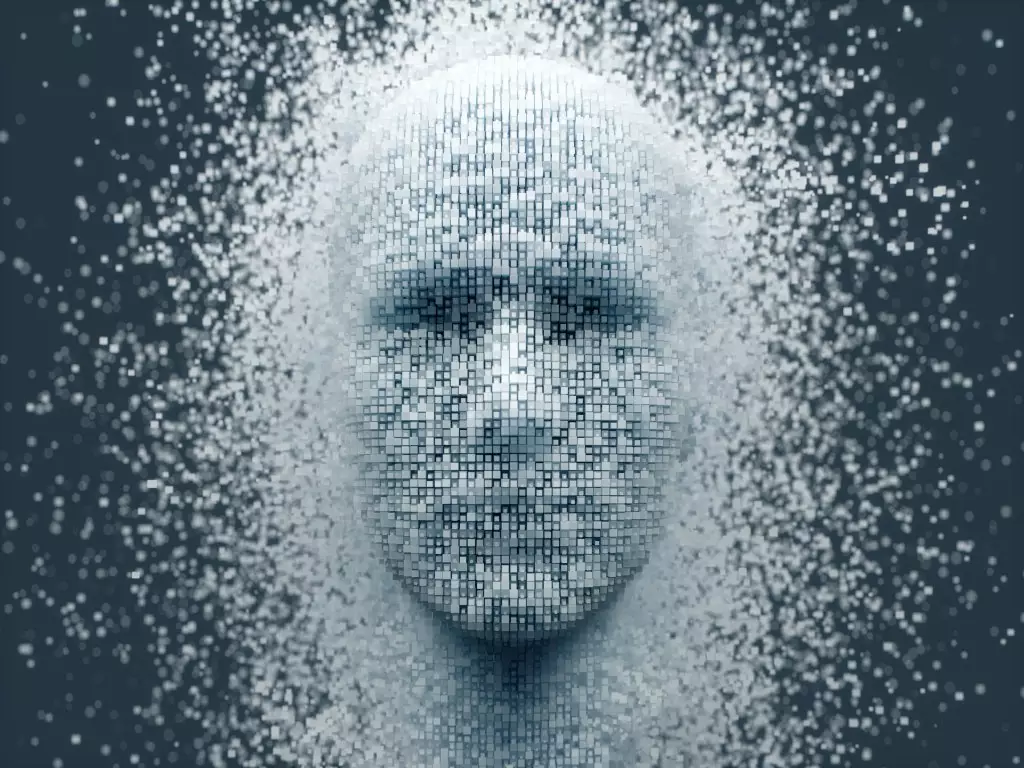In the relentless march of technology, a silent crisis unfolds within the entertainment sector—a crisis that casts a long shadow over the rights and well-being of performers. Thousands of actors in the UK have reportedly been digitally scanned on set without their explicit consent, prompting an urgent outcry from the actors’ union, Equity. This revelation raises not only serious ethical questions but challenges the very foundation of how we understand consent in the digital age. With prominent actors like Tamsin Greig and Alan Davies voicing their concerns, the issue resonates deeply, highlighting a growing anxiety about the encroachment of artificial intelligence (AI) into deeply personal realms of art and identity.
A Controversial Intersection of Creativity and Technology
Equity’s open letter to Pact, garnering nearly 1,500 signatures, echoes a clarion call for transparency in an industry teetering on the brink of a digital revolution. The mere notion that an actor’s likeness, performance, and personal data can be harvested without informed consent feels not only invasive but downright dystopian. Amid a world increasingly defined by data and algorithms, this issue isn’t merely about money; it’s about respect, recognition, and the fundamental human aspect of artistic creation. It is imperative that we question the integrity of using technology to replicate human experiences—a task that AI, no matter how advanced, can never truly accomplish. While efficiency and productivity may drive some to embrace AI, we must recognize the cost of commodifying human artistry.
The Stakes of Negotiation: A Divisive Dilemma
As the stalemate between Equity and Pact stretches on, it becomes clear that the negotiation table may very well be a battlefield for more than just contract terms. The ongoing dialogues, which have become fraught with tension, reflect a growing divide between traditional practices and the relentless tide of modern innovation. The recent declaration from Equity’s General Secretary Paul Fleming that the union is “industrial action ready” underscores a refusal to allow artists’ rights to be trampled without consequence. Such fortitude is admirable, as it speaks to the unyielding spirit of professionals who refuse to become mere products of algorithmic decisions.
The urgency of this situation is exacerbated by the fact that major broadcasters like the BBC and ITV have opted to sidestep concrete discussions on AI safeguards until the Equity-Pact negotiations reach a resolution. This creates a worrisome uncertainty for actors who are left hanging in limbo, questioning how their work and image might be manipulated long after they leave the set. The gap in these discussions signals an unsettling truth: as the industry wrestles with the implications of AI, those who breathe life into the art form face the very real threat of erasure.
Empowering Action and the Need for Stronger Protections
Equity’s insistence on securing robust AI protections is not merely a request; it’s a necessity. Dubbing, supporting artists, and various other categories of performers are all vulnerable to the whims of an unregulated AI landscape. Equity’s proactive measures offer a framework that could serve as a critical precedent, shaping the relationship between human creators and the technologies that seek to replicate them. Arguably, our society’s response to this challenge will define not only the future of entertainment but also how we view our own humanity’s place within an increasingly automated world.
This is not just an industry issue; it speaks to a broader cultural phenomenon that intersects with how we understand copyright, consent, and creative ownership. The UK government’s considerations around legislation that would require copyright holders to opt-out of having their work used for AI training could serve as a pivotal moment—if approached with the seriousness it demands. Thus, the question remains: are we willing to fight for the fundamental principles that safeguard our integrity, both as creators and as consumers of culture, in the face of relentless technological advance?
In this critical moment, artists must unite and demand the rights they deserve, as the consequences of inaction could lead to a future where the essence of artistic expression is reduced to mere data points—an unacceptable outcome in an era where the human touch is needed more than ever.

Leave a Reply